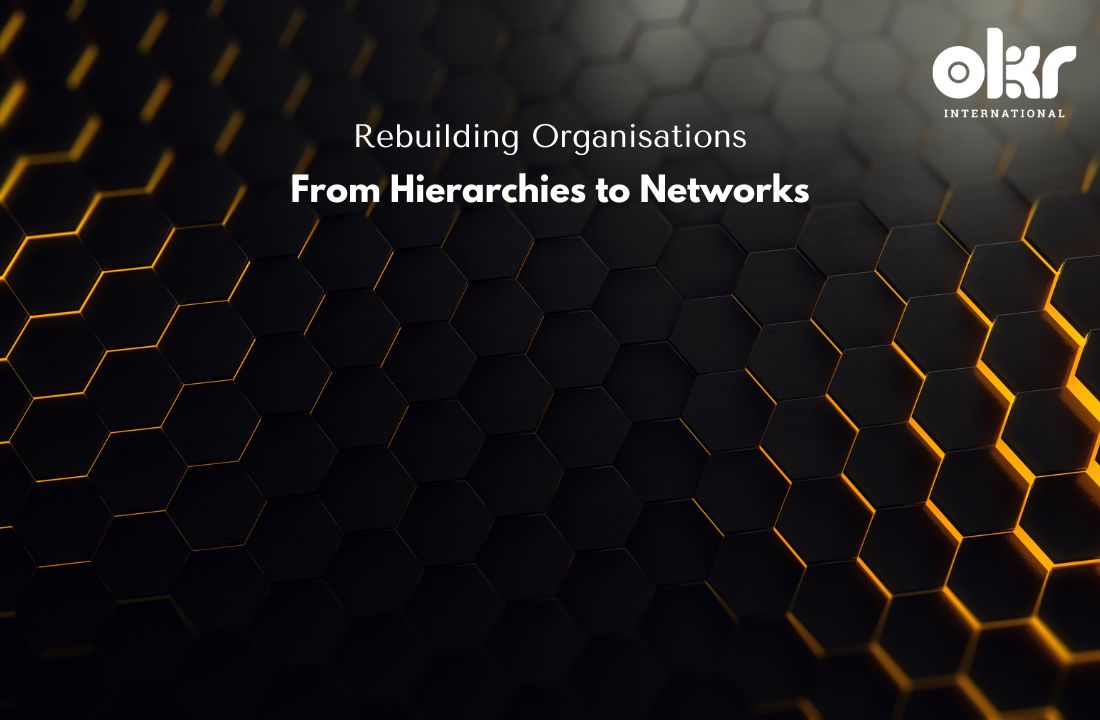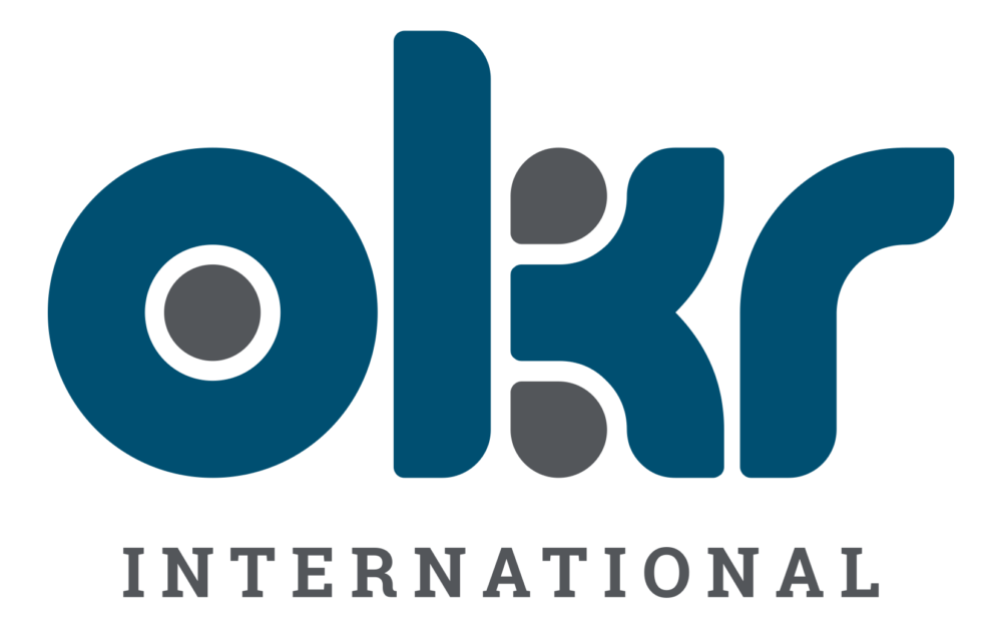OKR International’s Chairman and Managing Director, Nikhil K Maini, speaks about Rebuilding Organisations: From Hierarchies to Networks at the 11th CII HR Conclave. Watch the full video here:
Or keep scrolling to read his views!
On Industry 4.0:
Haier’s got this revolutionary model called the Rendanheyi organisation model. It’s actually a combination of employees, users and consumers- so it’s the coming together of people and the users, together. And I think it’s been producing some astounding results for the organisation. The model essentially empowers staff and it gives them a huge amount of freedom and autonomy. It is developed by the CEO of Haier, Zhang Ruimin and I think no other company operates this way and at this scale, particularly.
The entire structure democratizes decision-making, going from traditional pyramid structures to a very flat structure; but that’s not all. The org structure here transcends the organisation and it also connects vendors, suppliers, and even users and consumers. It’s actually a microcosm of people coming together and creating products. The CEO has gone on the air to say ‘do you want to use Big Data to create small data? We want to customise products to people’- and that’s where Industry 4.0 and the structure of networks is really helping them.
When asked by Mr. Yogi Sriram (Group Human Resources at Larsen & Toubro Limited) if that meant that nobody reports to anyone, he said:
Yeah, and when you study them, I think, they’re almost like micro-enterprises! They have full autonomy in decision making, including their overall strategy, hiring, remuneration decisions and it requires a whole amount of trust, culture- culture is one of those really important catalysts in getting these networks to really work in the organisation. Because they’re not going to work by themselves, right? I mean, at the end of the day it’s all *a thought in the head* but how do you actually mobilize that? How do you make people show up differently at the workplace to use these networks to the fullest?
And they’re still evolving. There’s no one formula here in how to create a networked organisation. But I think these are some examples, they’re happening in nooks and corners of the world, and I think it’s a change that is inevitable for all of us.
Do all these initiatives have a shelf life?
A) How to deal with the skepticism, and
B) Does it genuinely have a shelf life, and so what if it does?
I’m really glad you’ve asked this, because when you start looking at things like Agile or OKRs, it’s a great way to set goals and implement them with the kind of desire to be Agile as an organisation is concerned or for that matter creating structures to enable such systems.
Now, at the end of the day, I ask this really rudimentary question: Which employee today in which organisation does not want empowerment? Which employee does not want transparency or access to what the organisation goals look like? Which employee does not want authentic leadership at the workplace?
I think the answer’s going to be, pretty much none, right? And, I am seriously not concerned about nomenclatures used more than ways of working. And I think what the Agile ways of working today are really bringing to the table like Faridun and Atrayee mentioned, is it’s enabling a whole lot of transparency, it’s enabling focus on creating genuine value, not just for customers but also employees- and as long as these things are getting activated and enabled, and there’s a system that’s doing it for you, I think the answer is “let’s just go for it!”
Skepticism is natural, I think it’s also healthy! In any new product that comes to the market or any innovation that happens, you’ll always have early adopters, you will have your fence-sitters and you will have your laggards. And that’s just the nature of us humans, right? So, skepticism, i believe, is good, the only answer to that is going to be that if we look at the pros and cons and do a little bit of benefit analysis here it’s just bringing a very different culture to the foreground as far as companies go. it just enables people to feel like they can show up differently.
One is the fact that these structures and these agile ways of working- be it OKRs, be it using squads like Spotify does, or any other thing.
I think the fundamentals are:
1. It enables people to become a learning organisation, right? And this means that focus is not on who made the mistake. focus is on, what do we learn from it and how do we educate the rest of the organisation on what not to do, and how quickly can you do that.
2. Are people experimenting enough? Faridun talked about the top 10 organizations today, and one of the hallmarks of them all are that these are innovative organization. You look at companies like Netflix, Spotify, Atlassian, these are all organisations that have been constantly innovating. But people have to fail in order to innovate. and if your culture does not allow you to fail, then there’s going to be no innovation. then you’re going to have the Nokias, the Blackberrys and the Fiats of the world, that are really struggling to be relevant today.
3. And I think the last piece is Psychological safety. Are people really feeling safe today to come to the workplace and work with a set of people where they don’t fear sharing something that they don’t agree with? Amazon has this great culture with Jeff saying that ‘I might not agree with you, but I still commit’. That’s the kind of culture where employees show up doing very amazing things. And to me, I think Agile enables this. And if the structure supports it, then I am all for it!
Watch the full webinar on Rebuilding Organisations: From Hierarchies to Networks, here.
OKR International is part of Seven People Systems Pvt. Ltd., a leading consulting & research company specializing in business performance. It operates programs in practice domains including strategy, human resource management, organisation development and people development. Our core team of Professional OKR Practitioners offer OKR implementation consulting, coaching, training and OKR Certification globally.
To get in touch with us on LinkedIn, click here. Write to us at nikhil@okrinternational.com or click here!



